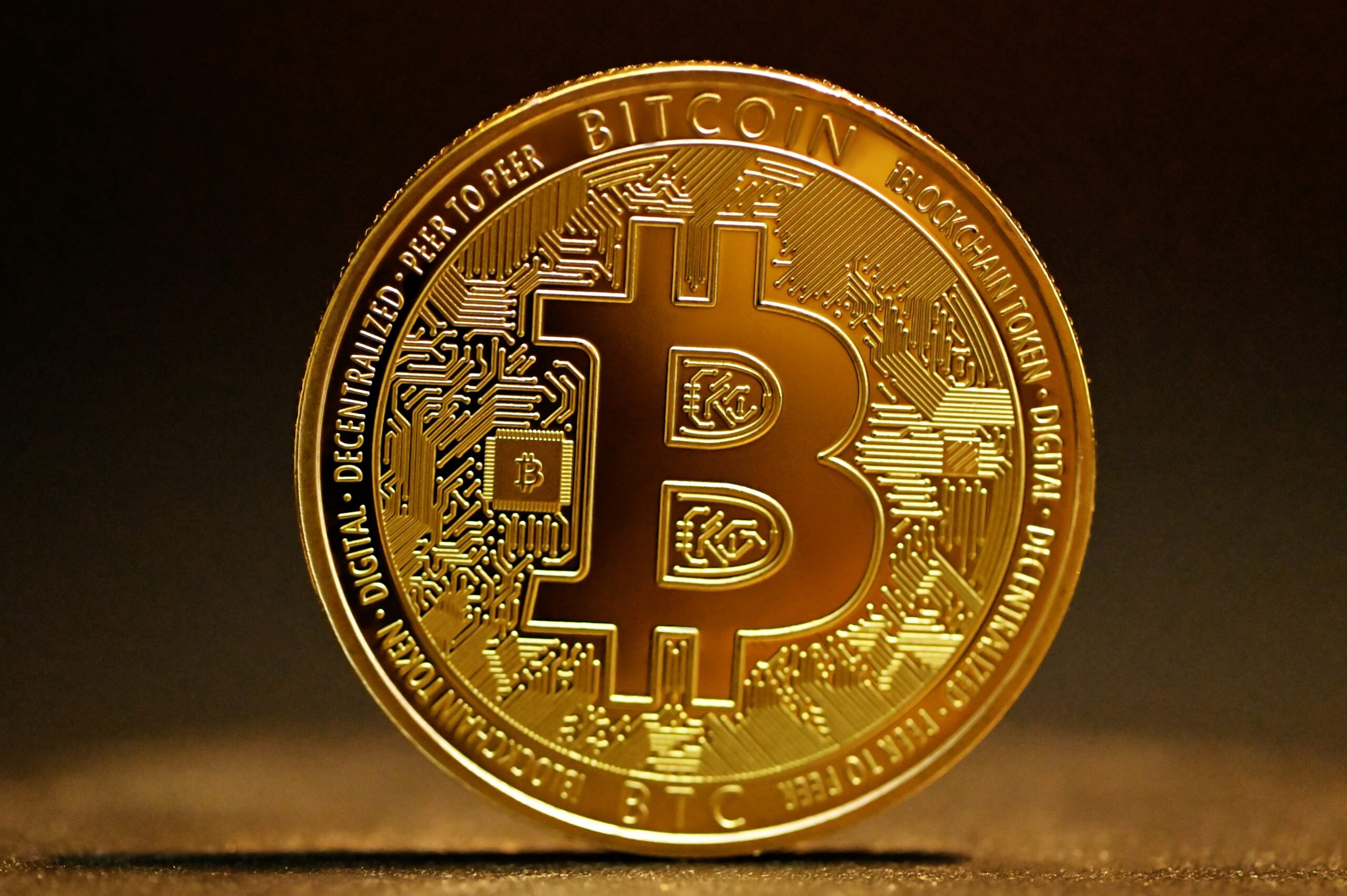The South Korean central bank recently expressed skepticism about the possibility of establishing a Bitcoin reserve. Although interest in cryptocurrencies is growing globally, the bank is taking a cautious approach to this type of investment.
The South Korean central bank's caution
- Cryptocurrency volatility: The bank highlights the risks associated with the volatility of Bitcoin and other cryptocurrencies as a limiting factor.
- Uncertain reserve: Although Bitcoin is often perceived as a store of value, the central bank is concerned about its price fluctuations, which could pose risks to national reserves.
The challenges of central bank adoption of cryptocurrencies
- Risk of loss of value: Due to price instability, the bank believes that such a reserve could potentially lead to significant losses for the economy.
- Lack of regulation: As cryptocurrency regulation is still in its infancy, the central bank fears legislative problems and unintended consequences.
Opportunities and Risks for South Korea
Opportunities:
- Cautious adoption could help keep pace with market developments while protecting the country's economic interests.
- A Bitcoin reserve could potentially strengthen the country's position in the cryptocurrency sector in the long term.
Risks:
- Bitcoin's volatility could lead to a loss in the value of the country's reserves.
- The lack of a clear regulatory framework could complicate the integration of cryptocurrencies into the economic system.
Conclusion: An Uncertain Future for Bitcoin Reserves in South Korea
While the country recognizes the importance of cryptocurrencies, the central bank's stance highlights the risks associated with their adoption. A delicate balance will need to be struck between innovation and caution to ensure economic stability while remaining competitive in the global crypto market.








